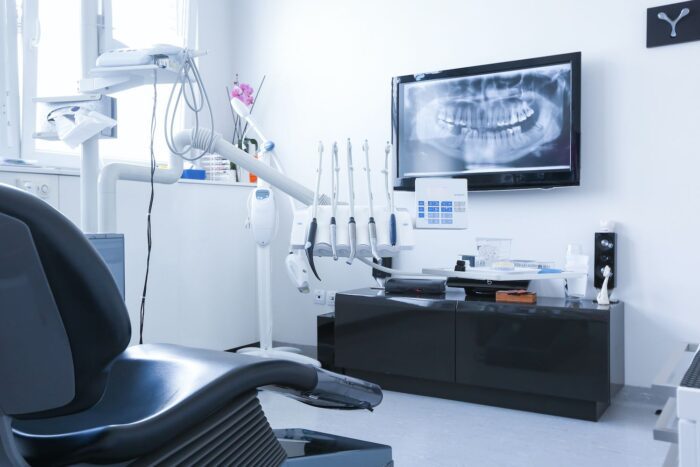Regular dental checkups are crucial for maintaining good oral health. One essential aspect of these checkups is dental X-rays. You may think that getting X-rays are not necessary, especially if your dentist looks at your teeth. However, X-rays are a vital part of your dental care. With this technology, your dentist can better care for your teeth and oral health.

The Importance of Dental X-Rays
Dental x-rays play a vital role in comprehensive dental care. While a visual exam can detect some oral problems, X-rays provide a more detailed view of your teeth, roots, and supporting structures. X-rays can show your dentist what they can’t see with the naked eye.
Early Detection of Dental Issues
X-rays enable dentists to identify cavities, gum disease, infections, and even abnormalities beneath the gum line. These issues may not be visible during a routine exam. Detecting these problems early on allows for timely treatment, preventing further issues.
Evaluation of Tooth Development and Position
Dental X-rays are particularly valuable in assessing the development of adult and permanent teeth in children. They help dentists monitor the eruption pattern and alignment of teeth. They can make sure there is proper growth. Then, they will address any potential orthodontic concerns.
Types of Dental X-Rays
Dentists use different types of X-rays based on the specific information they need.
Bitewing X-Rays
These X-rays capture the upper and lower back teeth. Your dental team will use these to find cavities between teeth and evaluate bone levels in the supporting structures.
Periapical X-Rays
These X-rays focus on one or two specific teeth, providing a detailed view of the entire tooth. This includes the root and surrounding bone. They are useful for detecting infections or evaluating the progress of a specific dental treatment.
Panoramic X-Rays
Panoramic X-rays capture a broad view of the entire mouth, including the jaws, teeth, sinuses, and nasal area. They help find impacted teeth, TMJ disorders, and overall bone health.
Safety Measures and Frequency
Dental X-rays involve minimal radiation exposure, and dentists take precautions to ensure patient safety. Lead aprons and thyroid collars shield areas not being imaged. This further reduces radiation exposure. The frequency of X-rays depends on factors such as your oral health, age, and medical history. In general, adults may have X-rays every 1-2 years. But, children may need them more often due to their developing teeth.
What to Expect During a Dental X-Ray
During a dental X-ray, you’ll be positioned next to an X-ray machine while the dental professional places a small sensor or film inside your mouth. You’ll be asked to bite down gently to ensure accurate images. The process is painless and takes only a few minutes. Once the X-rays are captured, the dentist will review them to assess your oral health. They will then discuss any concerns or potential treatments based on the findings.
